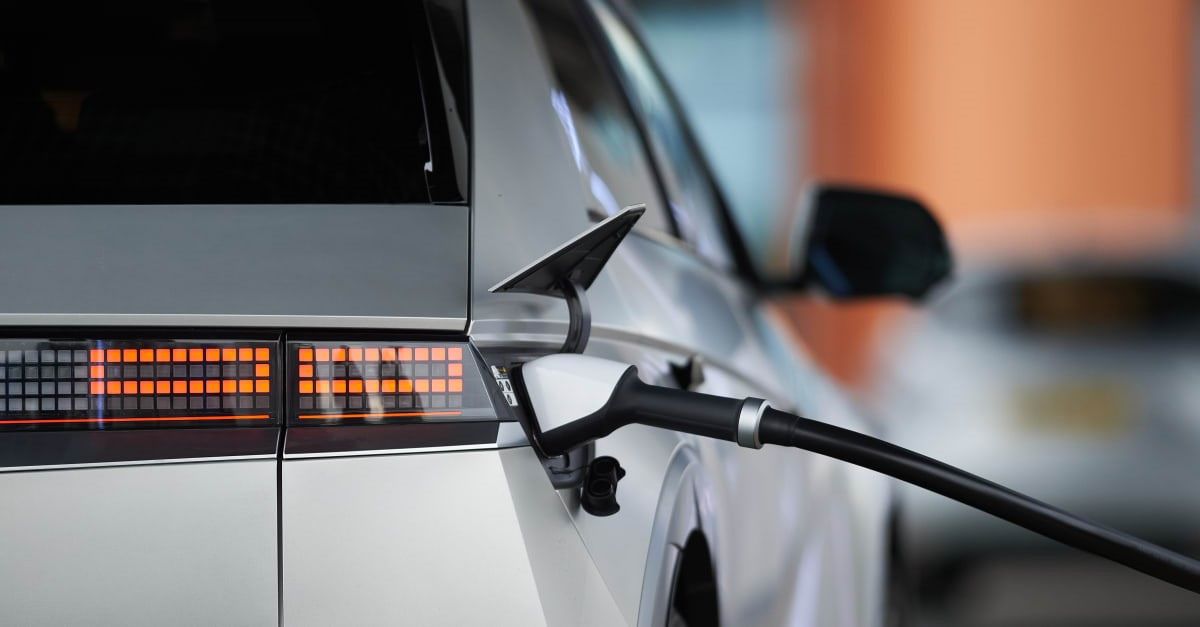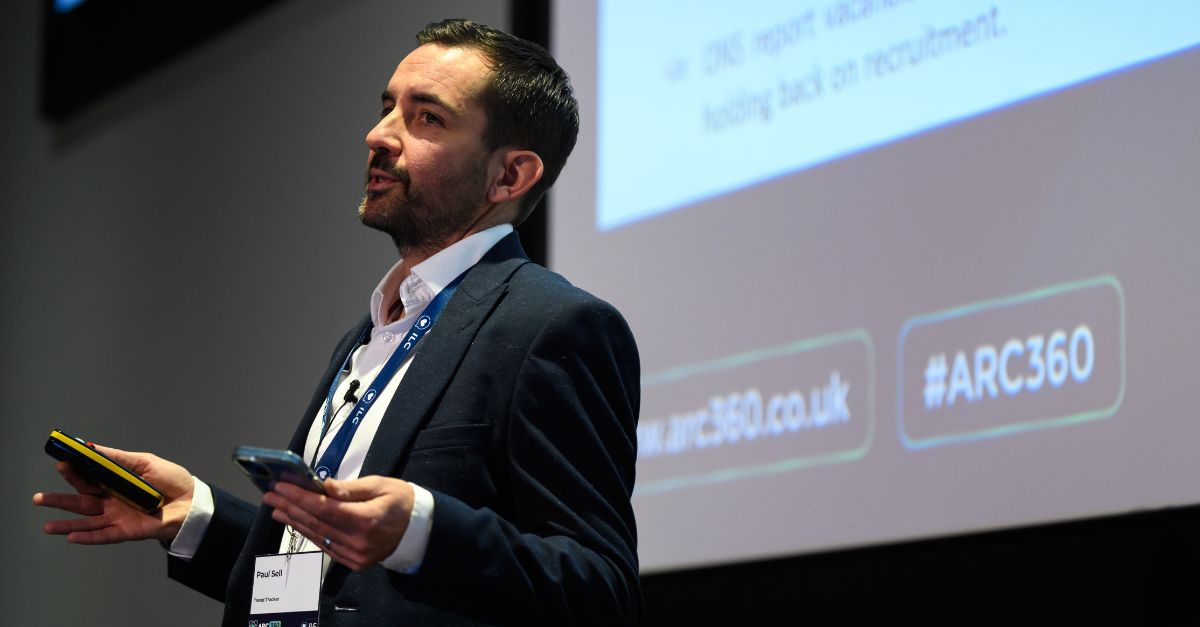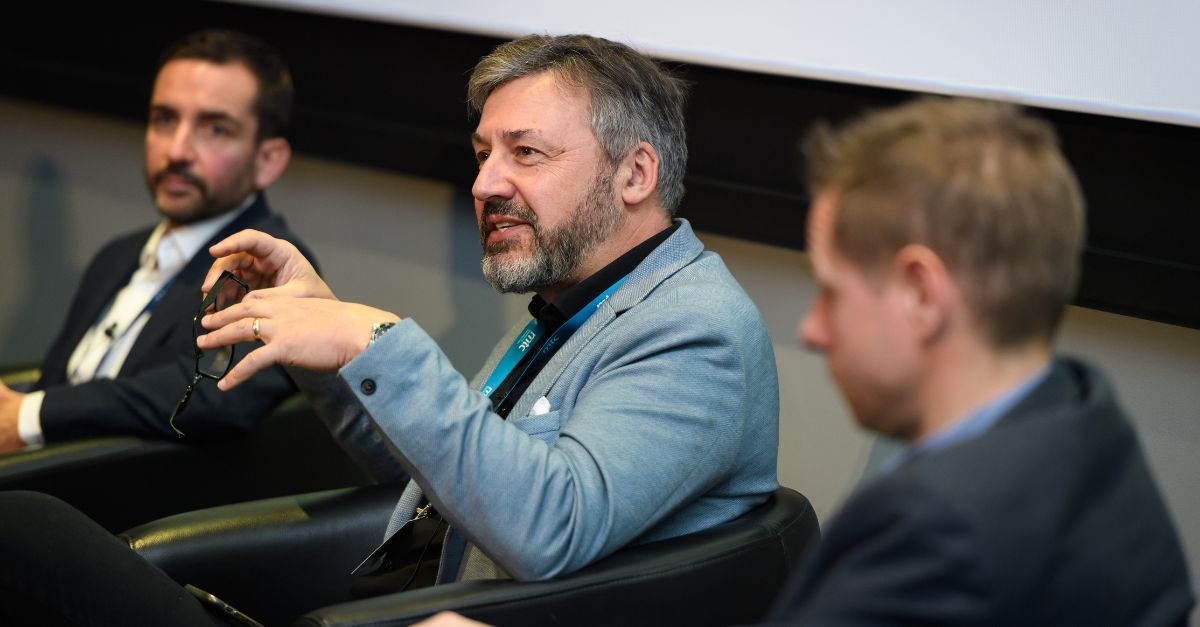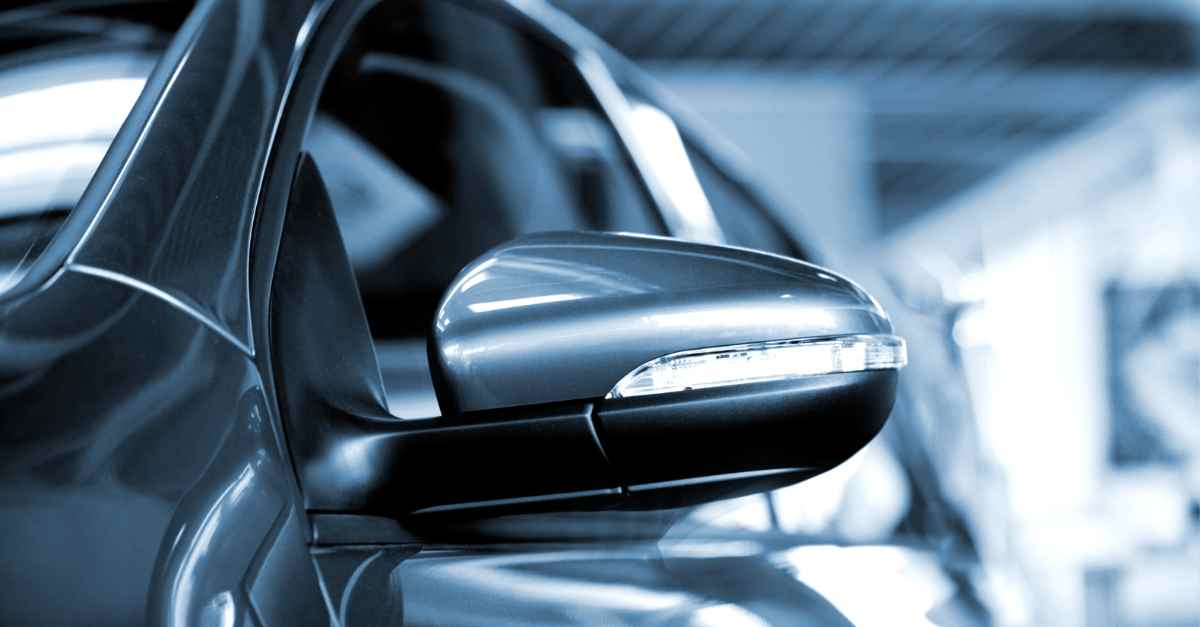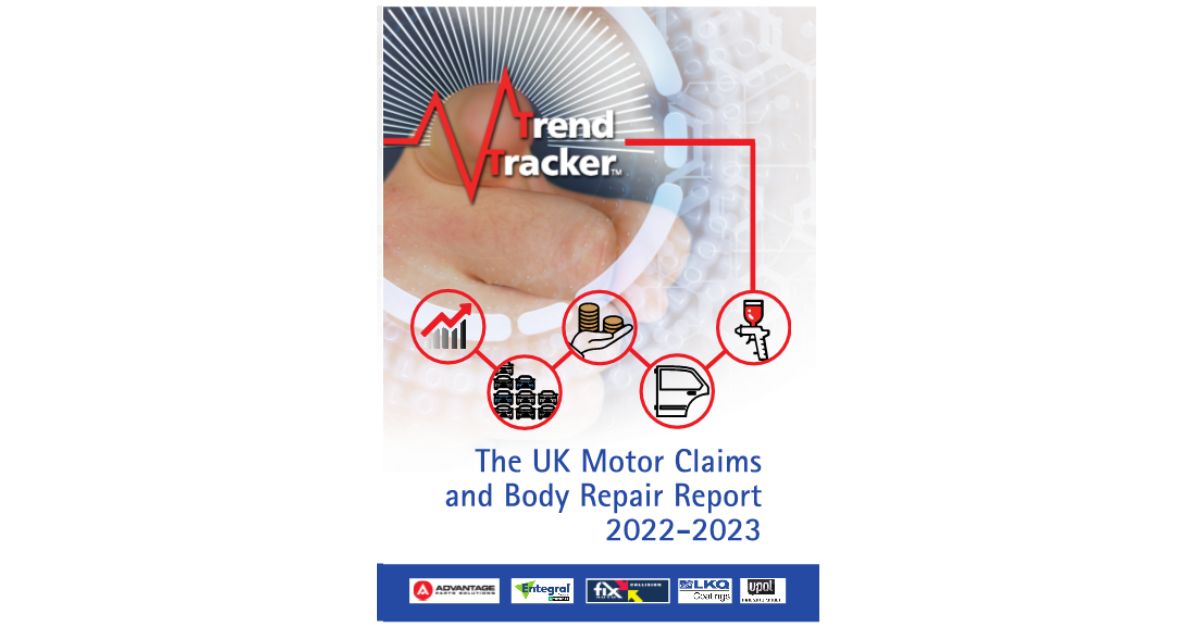Tesla’s Model Y triumphs at safety awards
Tesla’s Model Y was the safest car launched onto the UK’s roads in 2022, according to What Car? Safety Awards.
It was selected from a 10-car shortlist based on its Euro NCAP safety test scores as well as technology innovation, mass-market appeal and assisted driving technologies.
Enterprise and Ford tackle skills shortage
Enterprise Holdings has announced a new partnership with Ford to support the development of future automotive skills.
The collaboration will see Enterprise’s Collision Engineering Program, a two-year apprenticeship model, introduced to a seventh US college with the Ford Fund offering to scholarships to students.
Audatex updates AEG
Audatex has released its latest version of AudaEnterpriseGold in Ireland, adding 28 new and 124 updated model sheets to its vehicle database.
Part prices are now available for all models apart from the DAF XF, Genesis G70, Genesis GV80 and MG ZS, which will be added when information from the manufacturers becomes available.
Copart secures Carbon Literacy Silver accreditation
Copart UK has continued on its path to net zero by achieving Carbon Literacy Silver Accreditation.
The accreditation recognises Copart’s commitment to tackling climate change, reducing carbon emissions, and working towards the overall commitment to achieve net zero by 2040.
Picture perfect solution for Gemini ARC
Gemini ARC has announced a new partnership with JDK Technology to provide imaging solutions throughout its sites during the lifetime of a claim.
From initial accident damage images to create reliable estimates and advanced parts ordering through to final handover, the solution will enable bodyshops to keep a digital record of every stage of the process to safeguard all parties.
The technology has already been rolled out to 31 Gemini sites, with relevant training provided.
NBRA calls for government crack-down on repair delays
The National Body Repair Association (NBRA) is urging the government to do more to bring down ‘exceptional’ waiting times for vehicle repairs, which it believes is costing bodyshops upwards of £600m.
It has written to the Secretary of State calling for tougher time limits to be set with fines and compensation payments for claims which are delayed unnecessarily.
Chris Weeks, NBRA’s executive director, said, “Insurers are trying to keep costs as low as possible, but this is causing major backlogs with drivers waiting up to two months for their vehicles to be repaired. Many of these delays could be avoided if insurers allowed consumers the choice to use a non-insurance contracted repair centre.”
Solera joins Mercedes on F1 grid
Solera has signed a new multi-year partnership with the Mercedes-AMG PETRONAS Formula One team.
From next season its brand will appear on the car and on the left sleeve of the driver, pit crew overalls, and team clothing.
iRG Pontypridd celebrates repair certification
iRG Pontypridd has successfully passed a two-day BS10125 Audit.
The Kitemark confirms that all repairs carried out on site are completed by competent, fully-trained technicians using the correct tools and following approved repair methods.
White still tops car colour charts
White remains the most popular car colour in the world, with black, grey and silver also dominating the colour charts.
BASF’s Colour Report for Automotive OEM Coatings found that red and blue are also still popular choices, with yellow, orange, green, and violet all gaining market share in most regions.
DfT proposes MOT updates
The Department for Transport is considering an update to MOTs to bring them into line with new technologies. It is also proposing changing the date for first tests for new cars from three years to four years.
It has now launched a public consultation to gauge industry opinion about such revisions.
Hayley Pells, Policy Manager at the Institute of the Motor Industry, said, “The advances seen in automotive technology and systems, for improved performance and safety as well as reduced environmental impact, mean the current MOT model is well overdue for review and the IMI welcomes the announcement of this public consultation.”
Arenacross Tour favourite to wear Fix Auto UK colours
Fix Auto UK has announced that professional Supercross rider Joe Clayton will wear the network’s colours during the 2023 Arenacross Tour, which starts at the SSE Arena in Belfast today (Friday 20 January).
OIC settlements still stalled
The latest Official Injury Claim data has revealed that the average time from claim to settlement has increased in each of the last three quarters.
Settlement times rose from 175 days in the second quarter of 2022 to 207 days in the third quarter to 227 in the last three months of the year.
Automotive Glass Europe announces rebrand
Automotive Glass Europe has marked its 15th anniversary by rebranding to Automotive Glass Experts.
The company specialises in the repair and replacement services of automotive glass, while offering a variety of complimentary services such as wiper replacement and film application.
The rebrand will support its continued global expansion strategy, which has already seen it acquire members in Canada, Africa, and Asia, as well as Europe.
School of Thought announces India Foundation
School of Thought has announced the inauguration of the first pupils for the School of Thought India Foundation. School of Thought has worked with Mr Guru Ba Raju to create a programme to bring young students into the automotive industry.
People News
Service Certainty has promoted Richard Eadie to Managing Director. He succeeds Graham Clarke, who will now focus exclusively on helping sister company Glasscare achieve its strategic ambitions this year.
Specialist loss adjuster QuestGates, has appointed Chris Edwards to the newly created role of Motor Development Director.
Ben Childs is joining Zego as Technical Claims Manager.


















